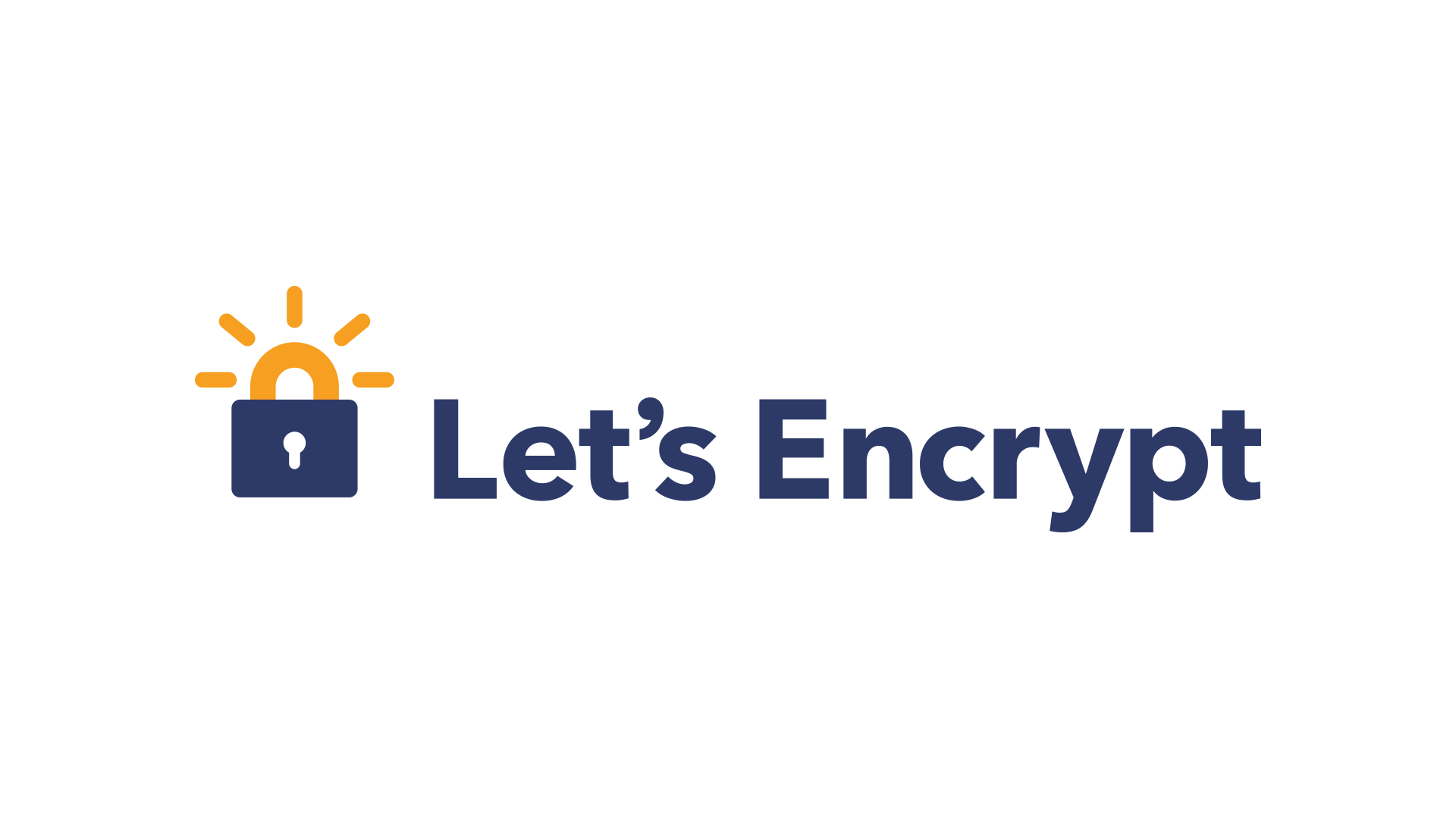Let's Encrypt Breaks New Ground: Free SSL Certificates Now Available for IP Addresses
After years of being limited to domain names, Let's Encrypt has announced a groundbreaking expansion of its free SSL certificate program to include IP addresses—a move that promises to democratize web security for millions of developers and small businesses worldwide.
The End of an Era for IP-Based Security Barriers
Since its launch in 2016, Let's Encrypt has revolutionized web security by providing free SSL/TLS certificates to over 300 million websites. However, one significant limitation has persisted: certificates were only available for domain names, not IP addresses. This restriction forced developers working with IP-based applications, IoT devices, and internal networks to either purchase expensive certificates or operate without encryption.
The new IP address certificate feature eliminates this barrier, marking the most significant expansion of Let's Encrypt's services since its inception. This development is particularly crucial as the cybersecurity landscape continues to evolve, with threats increasingly targeting unencrypted connections across all types of networks.
Why This Matters for Developers and Businesses
The impact of this announcement extends far beyond technical convenience. For small businesses and individual developers, purchasing IP-based SSL certificates from commercial certificate authorities can cost anywhere from $50 to $500 annually per certificate. Let's Encrypt's free alternative could save organizations thousands of dollars while encouraging widespread adoption of encryption.
IoT and Edge Computing Benefits
Internet of Things (IoT) devices and edge computing applications stand to benefit significantly from this development. Many IoT devices communicate using IP addresses rather than domain names, making secure communication expensive and complex to implement. With free IP-based certificates, manufacturers can now secure device communications without passing additional costs to consumers.
Development Environment Security
Software developers frequently work with local development environments, staging servers, and testing platforms that use IP addresses. Previously, these environments often operated without SSL encryption, creating potential security vulnerabilities. The availability of free IP certificates means development teams can now implement end-to-end encryption throughout their entire development pipeline.
Technical Implementation and Requirements
Let's Encrypt's IP address certificates follow the same automated issuance process as their domain-based counterparts, utilizing the Automated Certificate Management Environment (ACME) protocol. However, there are specific requirements for IP-based certificate issuance:
- Public IP Requirement: Certificates are only available for publicly routable IP addresses, not private network ranges like 192.168.x.x or 10.x.x.x
- Control Verification: Certificate requesters must demonstrate control of the IP address through HTTP or DNS challenges
- Standard Validity Period: Like domain certificates, IP certificates are valid for 90 days and require automatic renewal
The technical implementation maintains Let's Encrypt's commitment to automation and ease of use. Popular ACME clients like Certbot already support the new IP certificate functionality with minimal configuration changes.
Industry Response and Adoption Predictions
The cybersecurity industry has responded positively to this announcement. Security experts predict that the availability of free IP certificates could accelerate the adoption of encryption across previously unsecured network segments. This is particularly relevant as organizations increasingly adopt zero-trust security models that require encryption for all network communications.
Major cloud providers and hosting companies are expected to integrate this feature into their platforms, making it even easier for customers to secure IP-based services. Early adopters report successful implementations across various use cases, from securing direct IP connections to encrypting communication between microservices.
Looking Forward: The Broader Impact
Let's Encrypt's expansion to IP addresses represents more than just a technical upgrade—it's a continuation of the organization's mission to create a more secure and privacy-respecting web. By removing financial barriers to encryption, this development could help close security gaps that have persisted in enterprise networks, IoT ecosystems, and development environments.
The move also signals Let's Encrypt's commitment to evolving with changing technology landscapes. As edge computing grows and IoT adoption accelerates, the need for flexible, affordable security solutions becomes increasingly critical.
Key Takeaways
The introduction of free IP address certificates by Let's Encrypt marks a significant milestone in web security democratization. Organizations can now secure IP-based communications without the financial burden of commercial certificates, while developers gain the tools needed to implement comprehensive encryption strategies. This development not only enhances security across diverse network environments but also reinforces the principle that privacy and security should be accessible to all, regardless of budget constraints.
For businesses and developers still operating unencrypted IP-based services, there's never been a better time to implement proper SSL encryption and join the movement toward a more secure internet.
